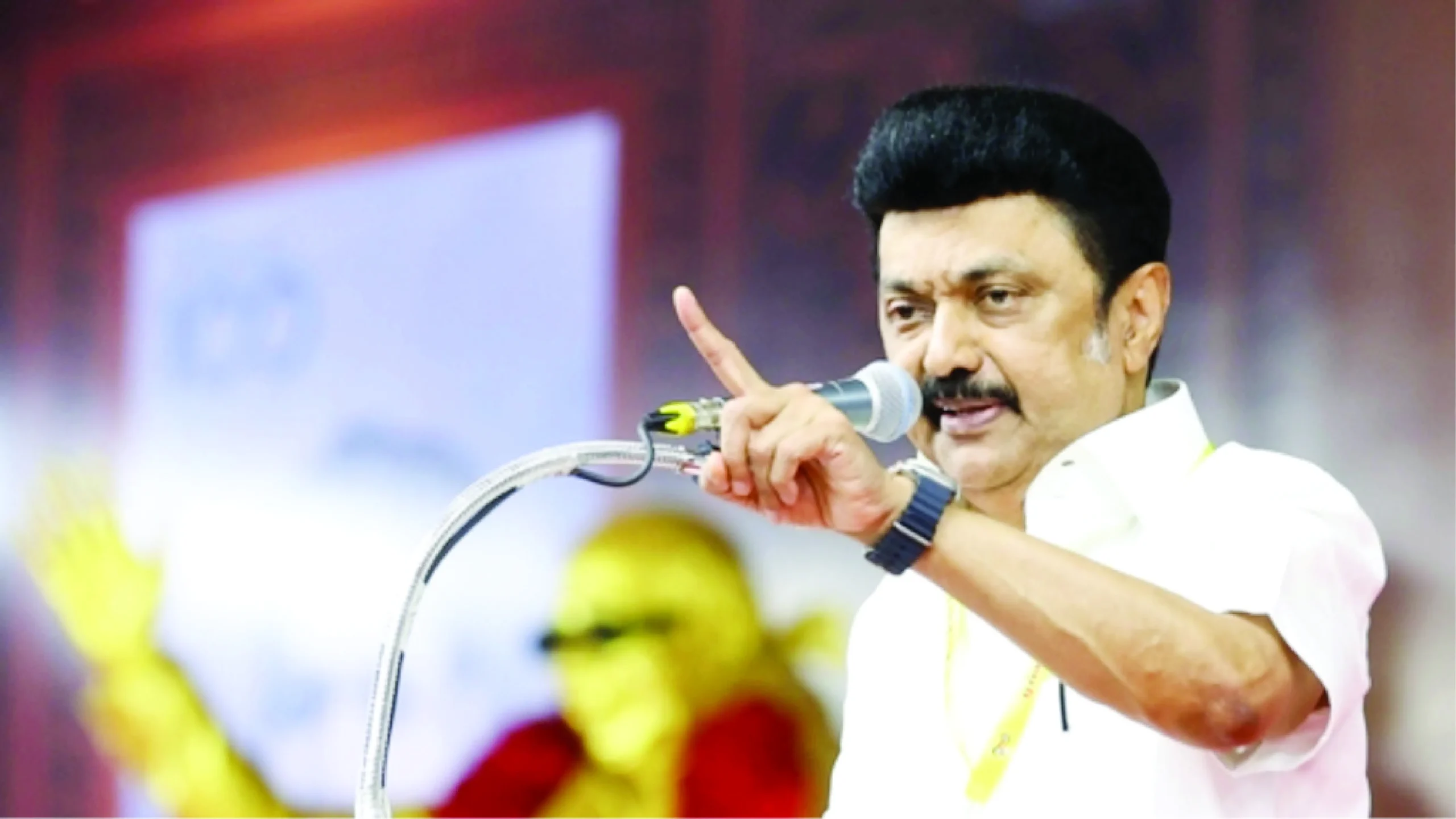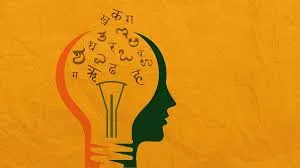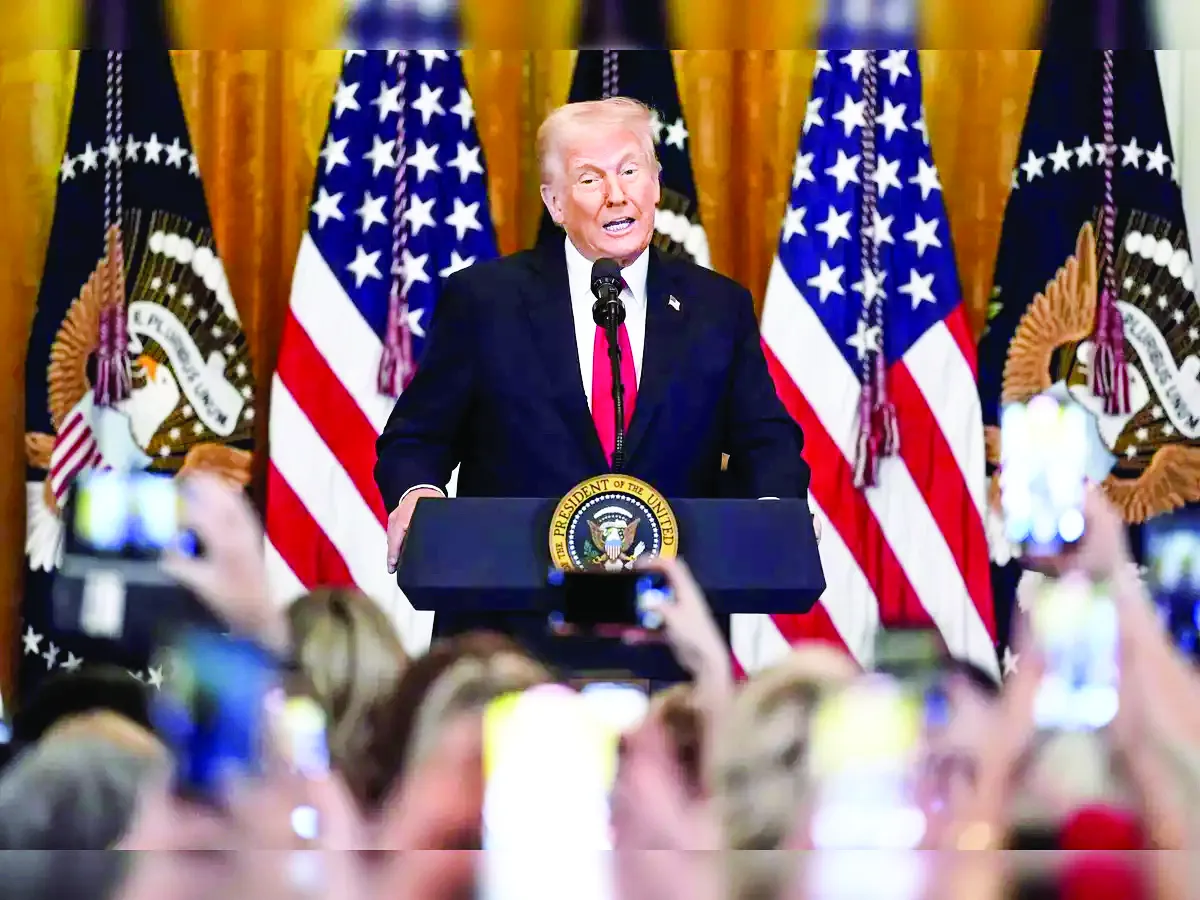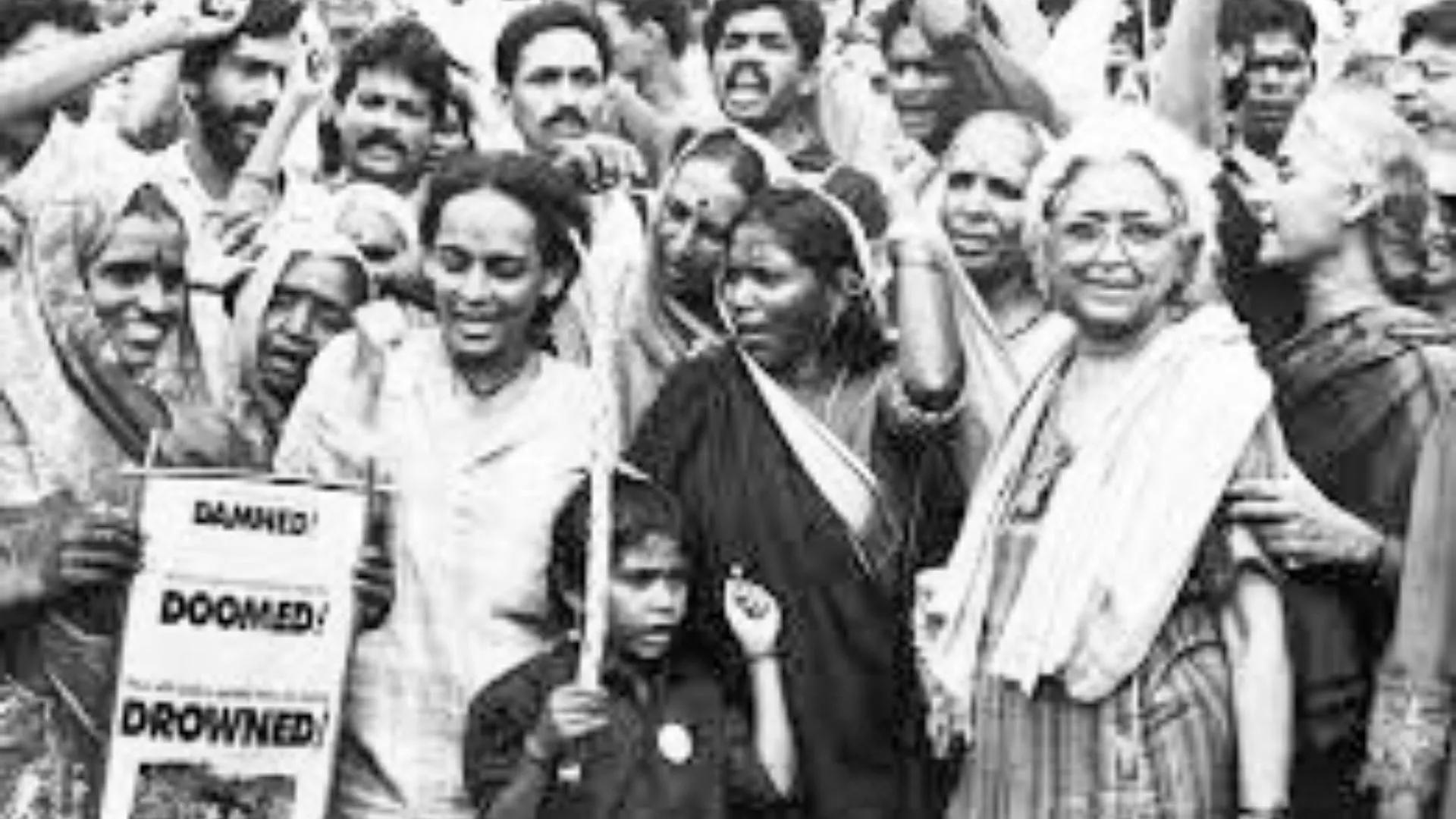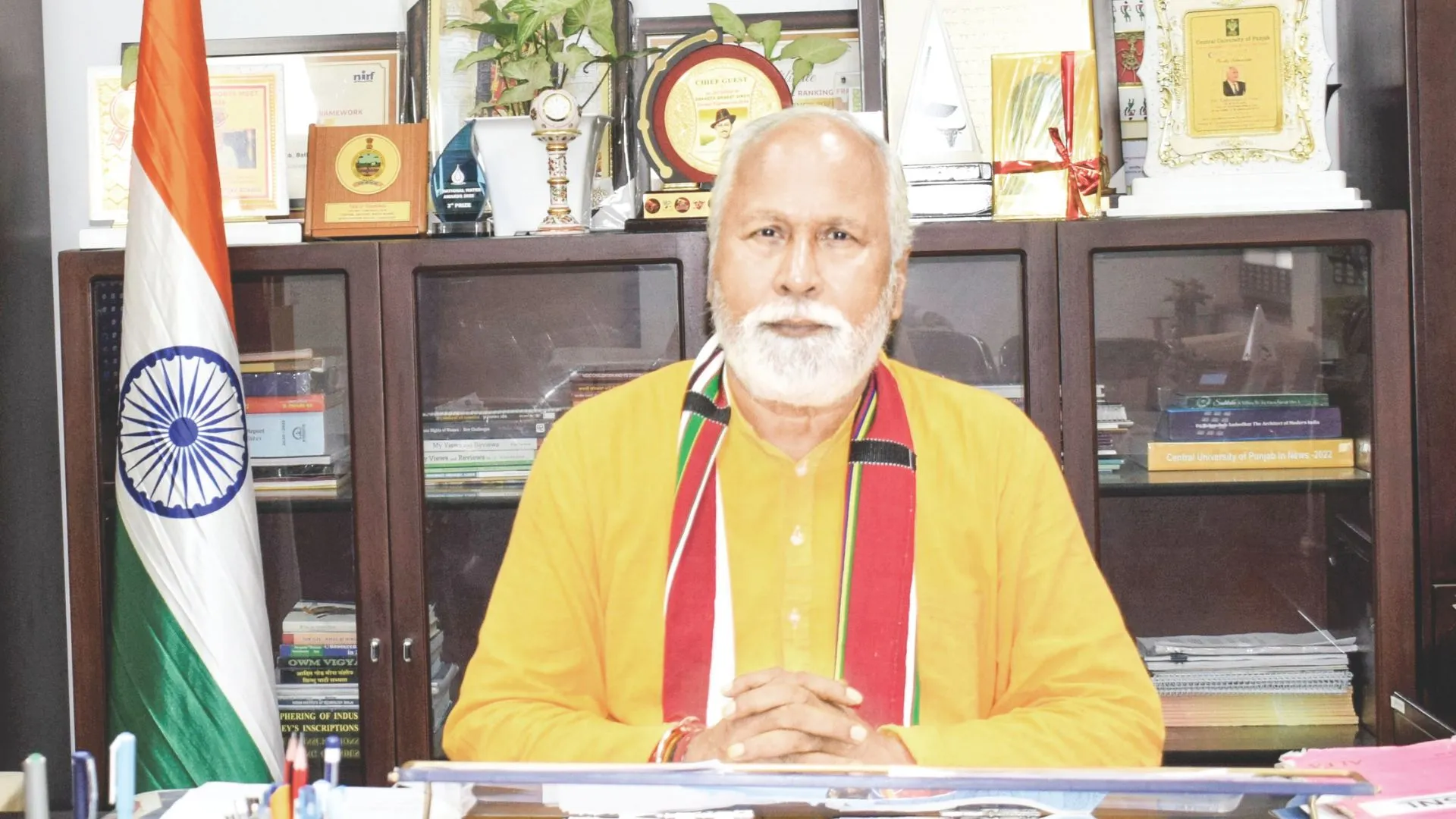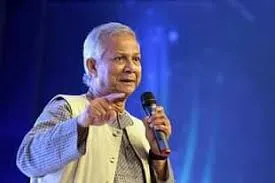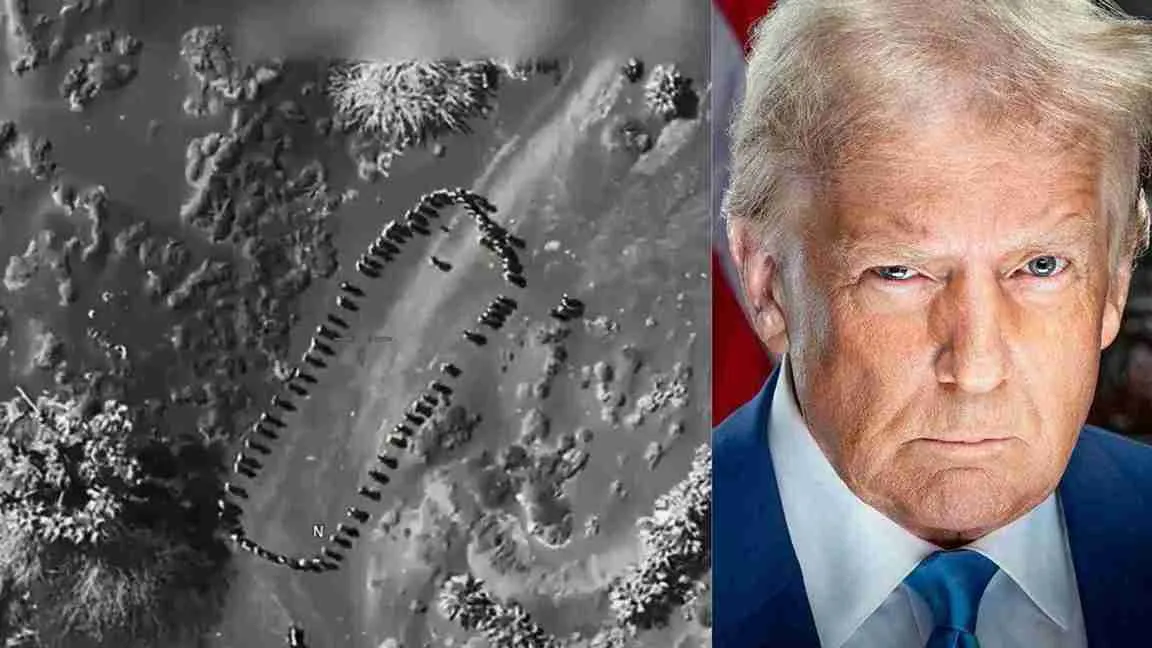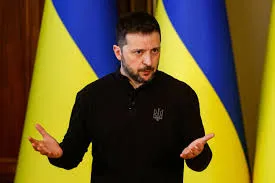Why is Tamil Nadu Chief Minister M.K. Stalin sounding increasingly desperate? With each passing day, his comments and actions are getting more and more outrageous, divisive and bordering on separatism. First, there was his opposition—still continuing—to the New Education Policy because of the three-language rule. Then he used the Tamil script to represent the ` symbol, saying the latter was derived from Sanskrit, even though it had been designed by an artist from Tamil Nadu. He has also been trying to build a united Dravida/southern front against the Centre on the issue of delimitation, an issue that should be a matter of debate. But it gets problematic when Stalin tries to position the so-called Dravida states as a rival to the Hindi speaking states on this matter. The question here is, how badly is the DMK doing ahead of the 2026 Assembly elections that Stalin’s rhetoric is becoming so shrill? The attempt seems to be to whip up anti-North India/Hindi passions and rally round the Tamil population on the issue of identity and ensure that they vote for the DMK.
Something similar had been done by Mamata Banerjee in the 2022 Assembly elections in West Bengal. She tried to whip up Bengali passions on the language issue, by speaking about West Bengal being the home to Bengalis, and that outsider non-Bengalis, meaning BJP leaders, were not welcome there. It was ironic, given that whatever remnants of industry and business are there in that once prosperous state, almost everything is run by non Bengalis, specifically the Marwari and Gujarati business communities. While people from Bihar make up a large section of the workforce. Without these communities, Bengal would be in an even deeper economic mess. Once she won the 2022 election, Mamata forgot all about the insider-outsider debate and went on to field more than one non Bengali candidates in the Lok Sabha elections of 2024, including Yusuf Pathan, the cricketer, from Gujarat, thus leaving those who had voted for her on the issue of identity, scratching their heads in dismay. Meanwhile, that society had been polarised, where the atmosphere had been vitiated and a lot of poison had been injected seemed to be of no concern to the politician in her.
It appears that Stalin is trying something similar, and given that unlike in Bengal, Tamil Nadu has a strong history of anti-Hindi movement, he seems to be hoping to revive those sentiments. But then this is the 21st century and unless and until there is a strong emotive issue related to language and identity, it’s always matters of development that take precedence over other issues for voters. But that does not stop the politicians from trying. Hence, the question, how badly is the DMK doing on the ground that Stalin has decided to latch on to the issue of Tamil pride? That Stalin has already started attacking the BJP directly in his speeches in the lead-up to next year’s elections, instead of traditional rival AIADMK, gives the hint that BJP may have been able to make some, however limited, inroads into the southern state. It could also be Stalin’s way of making BJP’s name so toxic, so that his main rival AIADMK is afraid of striking any possible alliance with the saffron party—an alliance that has the potential to deliver a body blow to the DMK, on the strength of an undivided AIADMK-BJP vote.
This is politics at its worst. It’s also unfair to the Tamil population as a whole who are spread all over the country and have integrated with their milieu, like every other Indian. Does Stalin realise that by trying to stoke anti Hindi flames, he is putting them in an awkward situation? In fact, Mamata Banerjee had done the same with the non resident Bengalis.
For their own selfish and narrow ambitions, political parties should stop making the common people cannon fodder.

